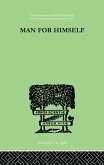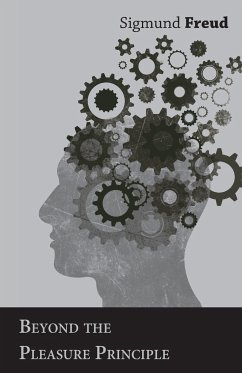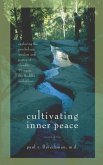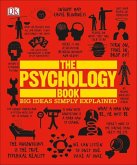Psychology, according to James, deals with thoughts and feelings as its facts and does not attempt to determine where such things come from. This would be the realm of metaphysics, and he is careful to avoid crossing over from science into philosophy. This second volume covers sensation, imagination, reasoning, instinct, emotions, will, movement, and the perception of objects and space. Anyone wanting a thorough introduction to psychology will find this work useful and engaging. American psychologist and philosopher WILLIAM JAMES (1842-1910), brother of novelist Henry James, was a groundbreaking researcher at Harvard University and one of the most popular thinkers of the 19th century. Among his many works are Human Immortality (1898) and The Varieties of Religious Experience: A Study in Human Nature (1902).








